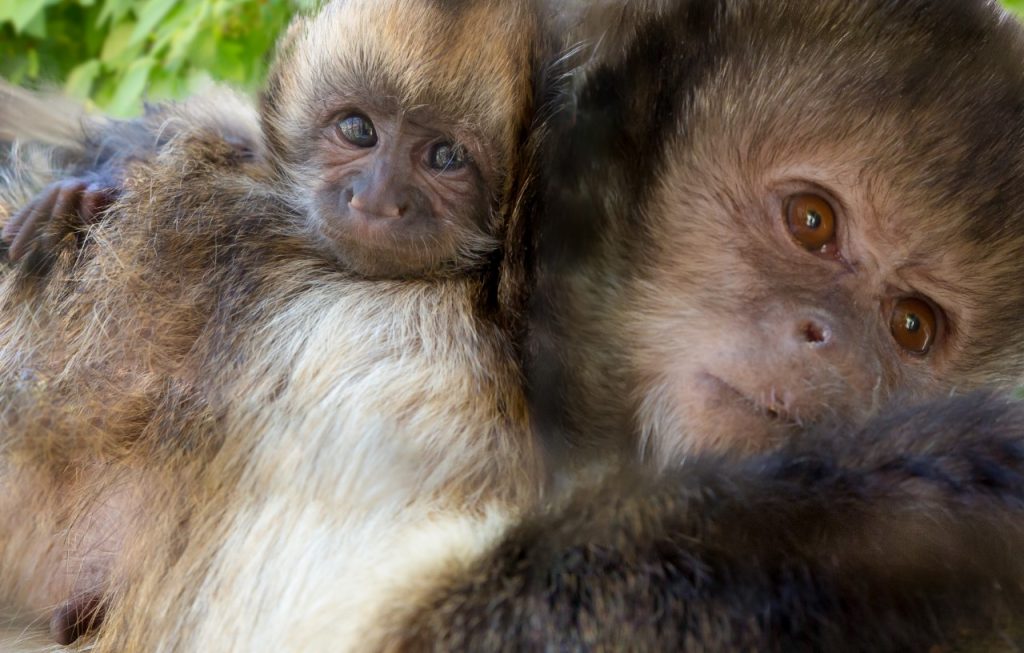Practical Zoo Nutrition Management (June 5-9, 2017)
Smithsonian-Mason School of Conservation, Front Royal, VA, USA
With roughly 20 out of the more than 200 Association of Zoos and Aquariums (AZA) accredited zoos in the United States employing full time nutritionists, there exists a critical shortage of zoo-based nutrition expertise. Similar institutions outside the US face the same challenges. Long-term sustainability of an animal collection and the successful reproduction of breeding animals rely heavily on proper nutrition, yet this can be a serious challenge. Many of these institutions care for hundreds or thousands of species, all with specific dietary needs that may even vary across seasons and reproductive conditions.
This course is designed to provide knowledge and hands-on experience within one of the oldest zoo nutrition programs in the US. Because of the complexities and extensive experiential learning involved in the profession, this course is not designed to create a zoo nutritionist in 5 days. But participants will become familiar with a wide variety of topics in the field of zoo and wildlife nutrition, as well as some of the nuances of managing a commissary (food procurement and preparation) operation to support a zoo. This course will be taught by the Head of the Department of Nutrition Science at the Smithsonian’s National Zoological Park (NZP), Mike Maslanka. He will be joined by members of his NZP staff including Clinical Nutritionist Erin Kendrick, as well as Barbara Toddes (Philadelphia Zoo), Barbara Henry (Cincinnati Zoo & Botanical Garden) and Ann Ward (Fort Worth Zoo). These instructors represent some of the most experienced zoo nutritionists, commissary managers, and researchers in the field of zoo and wildlife nutrition.
By the conclusion of the course, participants are expected to have knowledge of: commissary design and operations (centralized and de-centralized operation), nutrient and energy metabolism of zoo and wild animals, practical principles of feeding a wide variety of animals across all taxa, practical diet formulation and evaluation, and basic commissary management.
This course is open to graduate students as well as professionals, and will be most relevant for nutrition/animal science graduate students, zoo keepers and curators, commissary managers, nutritionists and veterinarians with some previous background/experience in nutrition. The course will be based at the NZP’s satellite facility in Front Royal, Virginia where 21 species of endangered and threatened mammal and bird species are managed in a unique captive setting. A trip to NZP in Washington DC is included, with behind-the-scenes tours of the commissary operation, elephants and big cats.
Visit our website at http://SMconservation.gmu.edu for more course details and for instructions on how to apply. All courses area held in a new sustainably built Academic Quad, including new classrooms, dining commons and residential facility. Send us an email at [email protected] with any questions you might have or check out our FAQs.








